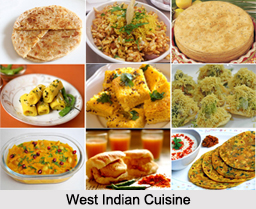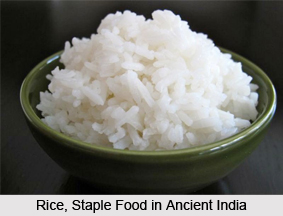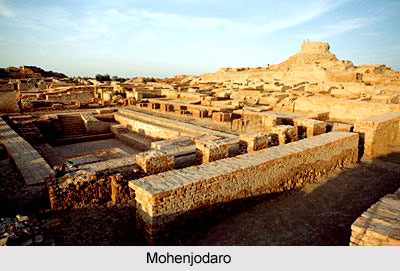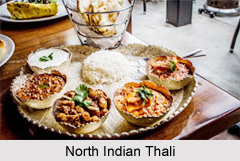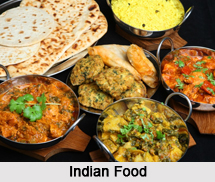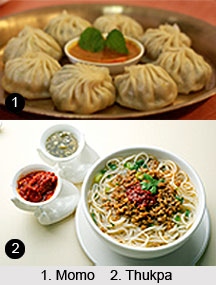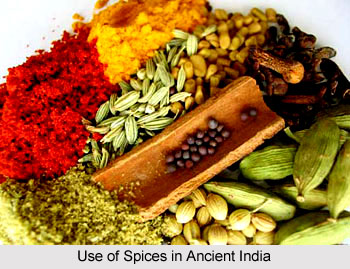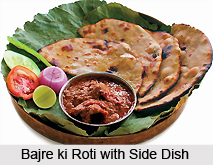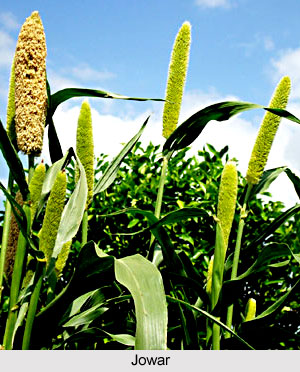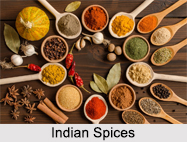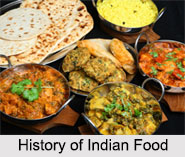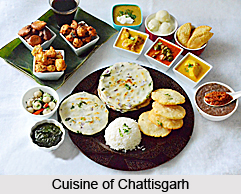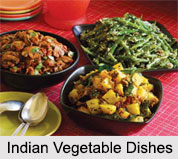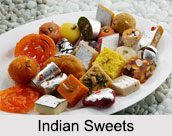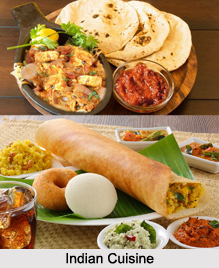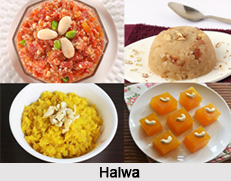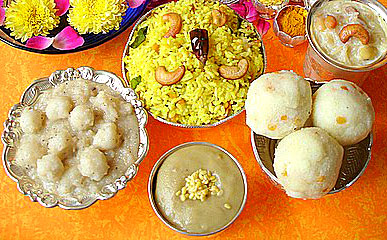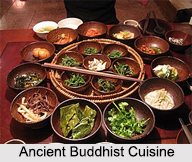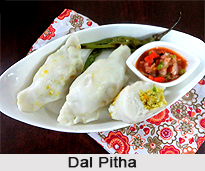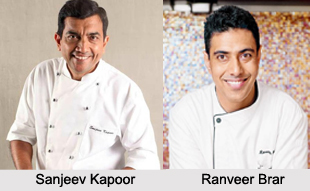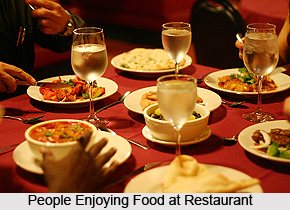 Etiquettes and ceremonies for taking food can be defined as certain rules and manners that should be maintained before, after as well as while consuming food. Starting from ancient period to modern days, table manners have always played a key role in defining a person`s culture. Having good dining etiquette not only helps to establish one`s credibility but it also creates good impression.
Etiquettes and ceremonies for taking food can be defined as certain rules and manners that should be maintained before, after as well as while consuming food. Starting from ancient period to modern days, table manners have always played a key role in defining a person`s culture. Having good dining etiquette not only helps to establish one`s credibility but it also creates good impression.
Etiquettes and Ceremonies of Ancient Period
In ancient India much importance was given to etiquette and ceremonies for taking food. From an image in the Rig-Veda, it can be learned that the Vedic Indians took their food in a sitting posture. They used to recite a prayer to food before they took their meals.
People in Ancient India also made offerings to Gods before they began eating newly ripened corn as a token of gratitude to them for enabling them to enjoy the produce of a new crop. Women, generally, did not take their food in the presence of male members.
It is laid down in the Sutras that one should eat sitting on a piece of ground, which has been purified by the application of cow dung etc. In this period, the skin of an ox was used as a seat. According to Apastamba, the person taking food should sit on a low wooden stool having four feet or a seat made of wood or of a skin. The skin was considered as the best seat. A person should not eat in a boat or on a wooden platform. It is prescribed that he should sit with his face towards the east or towards the south. But facing the south is not allowed if the diner`s mother is alive. It was believed that one who eats food facing the east lives long and one who does that facing the south becomes famous. A person should have his sacred thread and also his upper garment when taking his meals.
It was not considered proper that a person while taking his meats should make sound with his mouth. The diner was expected to put each morsel in his mouth with all the fingers including the thumb. He should not speak while taking his meals. Biting off pieces from a cake, roots, bulbs, fruits or flesh with teeth and drinking water standing or bending forward were considered improper. Serving fats, salt and condiments in the hand was considered improper.
Vasistha says that a person should honour food in the morning and evening by saying, `I like it`. In the case of sraddhas, he should say `it was very good in taste`. In marriage etc. he should say that the food offered was perfect.
Etiquettes and Ceremonies of Modern Period
Table manners of modern society have been greatly influenced by etiquettes of Ancient India. In terms of etiquettes, the basic rules are almost same with some changes. Just like ancient period, the host allows the oldest person to begin eating first. Similarly, it is indecent to leave the table before the host or the eldest person finishes his or her food. Then declaring the qualities of food is still considered impolite. In a party one is not supposed to begin eating before others and also should not leave the party while others taking food.
It is necessary and hygienic to wash the hand both before sitting at a table and after eating and it is preferable to use the right hand when eating or receiving food. Whenever someone is invited at some party, it is advisable to eat at moderate pace as eating too slowly may imply dislike of the food and eating too quickly is rude. Playing with food and staring at another diner`s plate shows indecency. One should finish each item served on the plate. This is done to respect the food served by the host.
Etiquettes to be maintained at Restaurant
There are certain basic rules to be followed when dinning out with friends or family members at a restaurant. It is advisable not to speak when the mouth is full or crack rude jokes during the meal. One should not forget to cover mouth when one coughs. One should not behave badly with the servers. When one is done with dinner or lunch, let the waiter know that its time to pay the bill. Giving tips to the waiter is a good idea.
Etiquettes to be maintained in Weddings, Anniversary Parties etc.
In any occasion, just like the food items, the manners and etiquettes of the guests as well as hosts are significant. Whatever the party is, the host is always expected to meet certain expectations. The host should print all the necessary information in the invitation card. The host must prepare everything beforehand and should make everyone feel comfortable throughout the party. One must remember that a bad attitude is the worst kitchen behaviour.
Arriving in the venue on time is the first good manner expected from any guest. It is better not to bring any un-invited guest to the event. The host has prepared food items based on the number of guest who has agreed to attend the event. Bringing uninvited guests might make the host fall in embarrassing situation.
The guest should not express negative comments about the food, host, other guest and the venue. One should also know when to leave the place. Sending an appreciating note the following day or within a week is also welcome.
Thus, no matter how much the people and society changes, it is important to remain intact with the basic rules regarding etiquette and ceremonies for taking food. A person with lots of money and zero table manners can never be impressive. People are looked upon kindly with good table manners. This is why proper manners are important.
